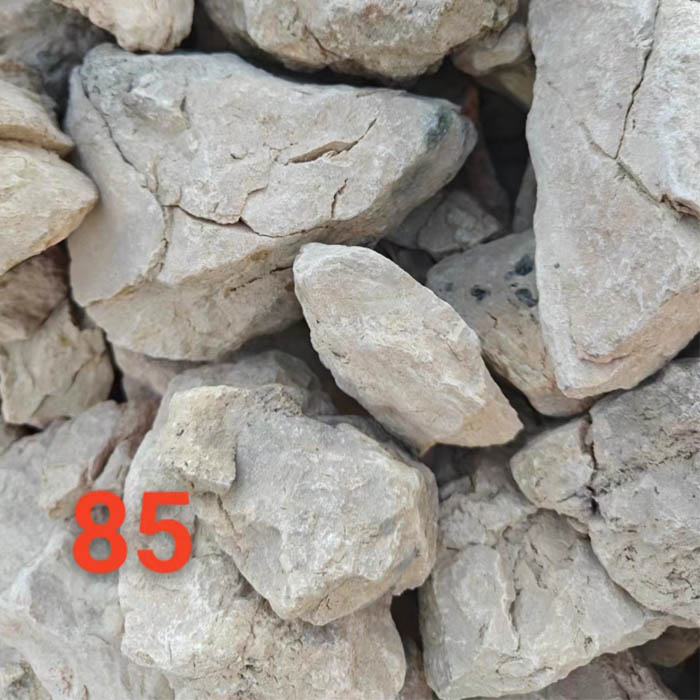Aug . 14, 2024 10:18 Back to list
Manufacturing Process and Applications of Cast Iron Powder in Modern Industries
The Role and Importance of Cast Iron Powder Factories
Cast iron powder is a versatile material with a wide range of applications, primarily in the manufacturing and engineering sectors. The production of cast iron powder, often carried out in specialized factories, plays a crucial role in various industries, including automotive, construction, and even in the production of art and decorative items. This article explores the significance of cast iron powder factories, the processes involved in manufacturing, and the benefits of using cast iron powder in different applications.
The Manufacturing Process
The production of cast iron powder begins with the careful selection of raw materials. High-quality scrap iron and iron alloys are typically used to ensure that the final product meets stringent quality standards. The manufacturing process usually involves several stages melting, atomization, and classification.
First, the selected raw materials are melted in a high-capacity furnace. This process requires careful temperature control to achieve the desired chemical composition and properties. Once the iron is melted, it is then atomized—either by using a gas or water atomization method. In gas atomization, the molten iron is forced through a nozzle, where it is broken into fine particles. Water atomization uses a high-speed water stream to achieve similar results. The resultant iron particles are collected and classified based on their size and density, ensuring uniformity in the final powder product.
Applications of Cast Iron Powder
Cast iron powder has several applications that leverage its unique properties. One of the most significant uses is in powder metallurgy. In this process, cast iron powder can be compacted and sintered to create complex shapes and components that are often lighter and more durable than their traditionally cast counterparts. This is particularly advantageous in the automotive industry, where reducing weight can improve fuel efficiency and performance.
cast iron powder factory

Additionally, cast iron powder is utilized in the production of magnetic components, such as inductors and transformers. Its magnetic properties can be enhanced through careful control of the particle size and processing conditions, making it an ideal material for electrical applications.
The decorative sector also benefits from cast iron powder. Artisans use cast iron powder to create intricate designs and finishes in sculptures and other art forms. The powder can be mixed with resins or other binders to produce a variety of textures and appearances, thereby expanding the creative possibilities for artists.
Environmental Considerations and Sustainability
Cast iron powder factories are also increasingly conscious of their environmental impact. Many manufacturers are adopting sustainable practices, such as recycling scrap materials and implementing energy-efficient processes. By embracing eco-friendly technologies, these factories can reduce waste and minimize their carbon footprint, aligning with the global push for sustainability in manufacturing.
Conclusion
In summary, cast iron powder factories are vital components of the modern industrial landscape. They provide essential materials that serve a wide array of applications, from automotive components to art production. As these factories continue to evolve with advancements in technology and sustainability practices, they will likely play an even more significant role in shaping the future of manufacturing. The versatility and unique properties of cast iron powder ensure that it remains an indispensable resource in various industries, highlighting the importance of continued investment and innovation in this sector.
-
Eco-Friendly Granule Covering Agent | Dust & Caking Control
NewsAug.06,2025
-
Fe-C Composite Pellets for BOF: High-Efficiency & Cost-Saving
NewsAug.05,2025
-
Premium Tundish Covering Agents Exporters | High Purity
NewsAug.04,2025
-
Fe-C Composite Pellets for BOF | Efficient & Economical
NewsAug.03,2025
-
Top Tundish Covering Agent Exporters | Premium Quality Solutions
NewsAug.02,2025
-
First Bauxite Exporters | AI-Optimized Supply
NewsAug.01,2025
